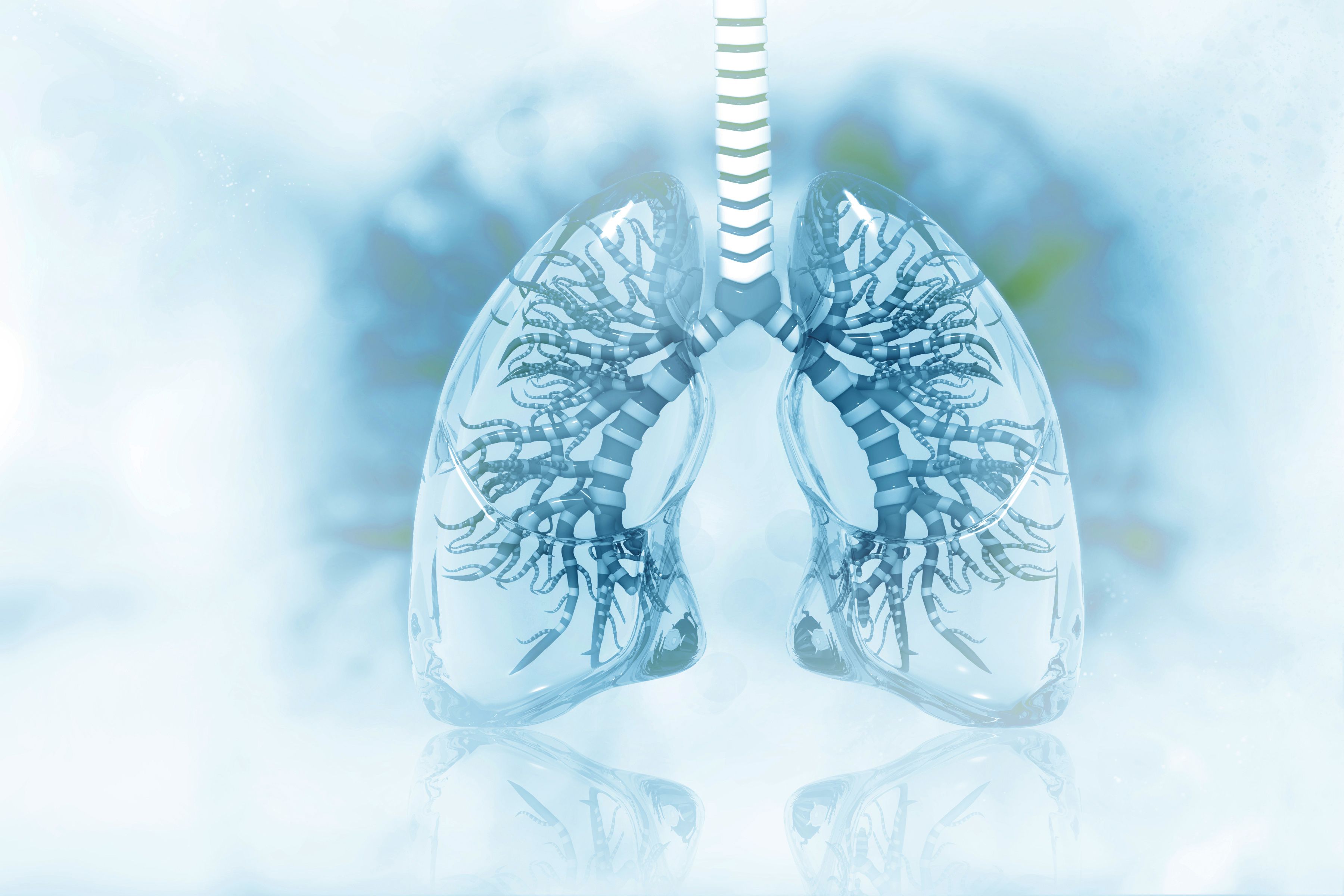- Center on Health Equity & Access
- Clinical
- Health Care Cost
- Health Care Delivery
- Insurance
- Policy
- Technology
- Value-Based Care
Asthma Associated With Increased Lung Cancer Risk, Study Finds
A Mendelian randomization analysis supported an increasing causal relationship between asthma and lung cancer risk, particularly in smokers and lung squamous cell carcinoma.
Individuals with asthma may be at an increased risk of developing lung cancer, especially women, according to one study. The study also supports an increasing causal relationship between asthma and the risk of lung cancer in smokers and lung squamous cell carcinoma (LUSC) pathological type.

“Our results are broadly robust to different MR [Mendelian randomization] methods that make different assumptions about horizontal polymorphism, suggesting that horizontal polymorphism is unlikely to explain our results fully,” wrote the researchers.
This population-based cohort meta-analysis is published in Medicine.
Although previous studies have shown an increased association between asthma and the risk of lung cancer, the causal links between these conditions remains poorly understood. To better understand the connection between the 2 conditions, the researchers applied a 2-sample Mendelian randomization (MR) to examine whether genetic susceptibility to asthma is causally related to lung cancer and its pathological subtypes.
The analysis reviewed a total of 24 population-based cohort studies of 1,072,502 patients, using a comprehensive search of databases, including PubMed, Embase, Web of Science, and Cochrane Library. The search included articles published up until May 4, 2023, in English. In addition to conducting a meta-analysis using random-effects models, the researchers conducted a subgroup analysis for study design, gender, and histologic types.
Asthma was significantly associated with an increased risk of lung cancer (OR, 1.29; 95% CI, 1.19-1.38) in all patients, particularly in females with asthma (OR, 1.23; 95% CI, 1.01-1.49). No significant associations were found between asthma and lung adenocarcinoma (LUAD) (OR, 0.76; 95% CI, 0.54-1.05), LUSC (OR, 1.09; 95% CI, 0.79-1.50), or small cell lung cancer (SCLC) (OR, 1; 95% CI, 0.68-1.49).
However, the MR analysis revealed an increasing causality between asthma and lung cancer (OR, 1.11; 95% CI, 1.04-1.17; P = .0008), specifically in patients who smoke (OR, 1.09; 95% CI, 1.01-1.16; P = .0173) and LUSC (OR, 1.15; 95% CI, 1.05-1.26; P = .0038).
The researchers also acknowledged some limitations to the study, including not being able to differentiate between controlled and uncontrolled asthma in the cohort studies, which could have been a confounding factor. Additionally, the researchers could not examine the effects of medication for asthma control on lung cancer risk. Furthermore, the researchers noted that the study primarily included patients of European descent, which limited the generalizability of their findings.
Despite these limitations, the researchers believe the study supports a potential causal relationship between asthma and lung cancer.
“In the future study of asthma on lung cancer risk, we believe it is necessary to divide participants into the well-controlled, partially controlled or uncontrolled group, the latter representing potentially chronic inflammation, one of the causes of cancer,” wrote the researchers. “Additionally, the lineage-tracking mouse model can also do a favor in clarifying the causal relationship between asthma and LUSC.”
Reference
Huang Q, Huang Y, Xu S, Yuan X, Liu X, Chen Z. Association of asthma and lung cancer risk: A pool of cohort studies and Mendelian randomization analysis. Medicine. 2024;103(5). doi:10.1097/md.0000000000035060
The Breakdown: Breast Cancer Research Awareness Day
August 19th 2025Breast cancer is the second most common cancer among women and the second leading cause of cancer-related deaths among women in the US. In light of Breast Cancer Research Awareness Day, The American Journal of Managed Care® breaks down the most recent advancements in breast cancer prevention, screening, and therapies.
Listen
ATTR-CA Variant Disproportionately Impacts Black Individuals With Heart Failure
September 16th 2025The transthyretin cardiac amyloidosis (ATTR-CA) variant is more prevalent in Black individuals, increasing the need for more research to assess hereditary links and early prevention awareness.
Read More
